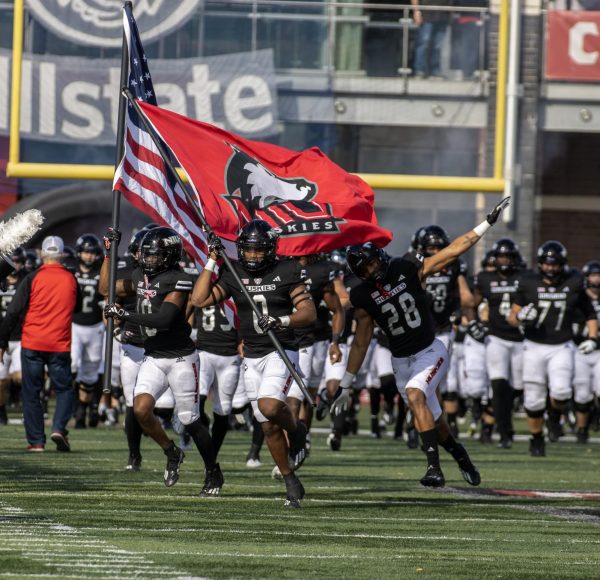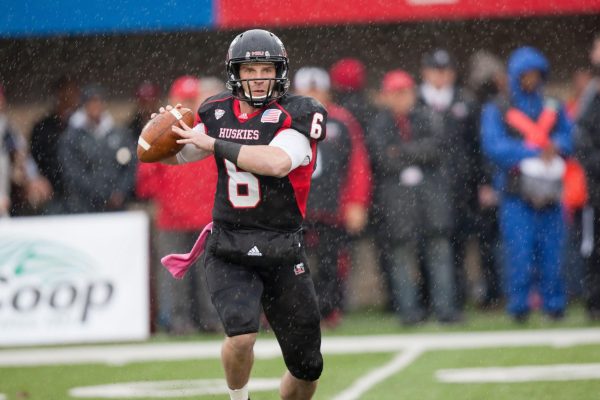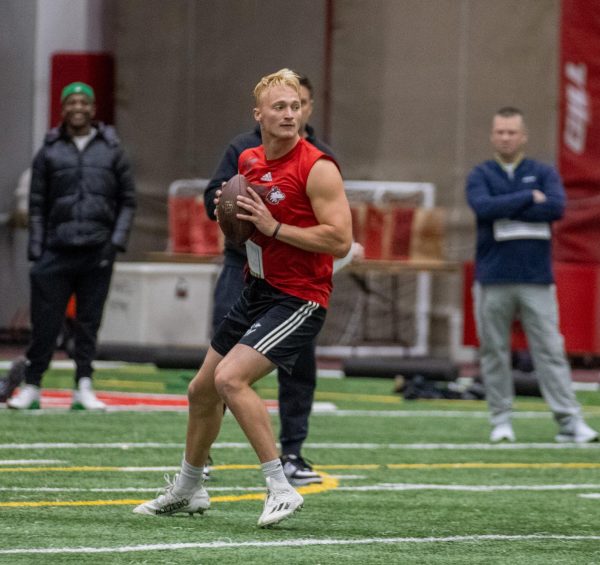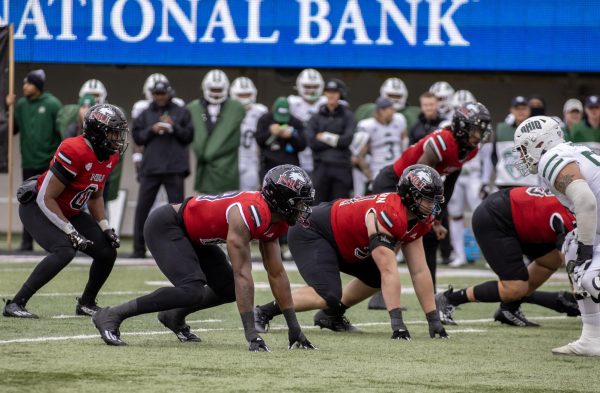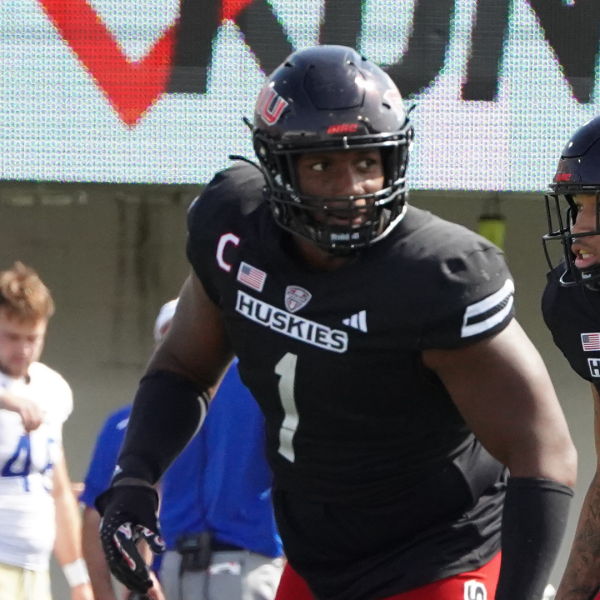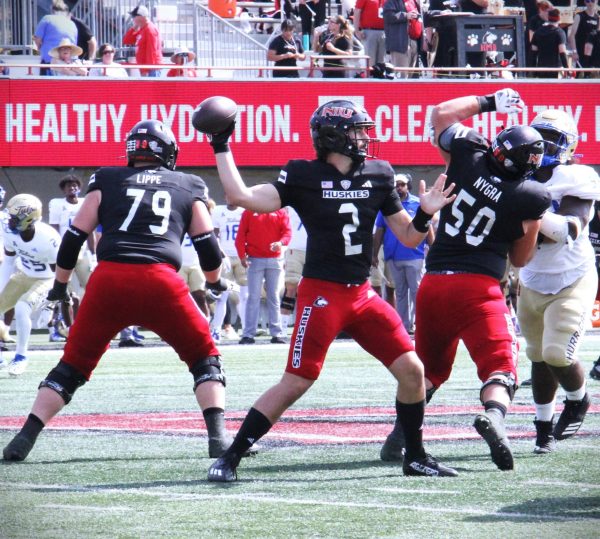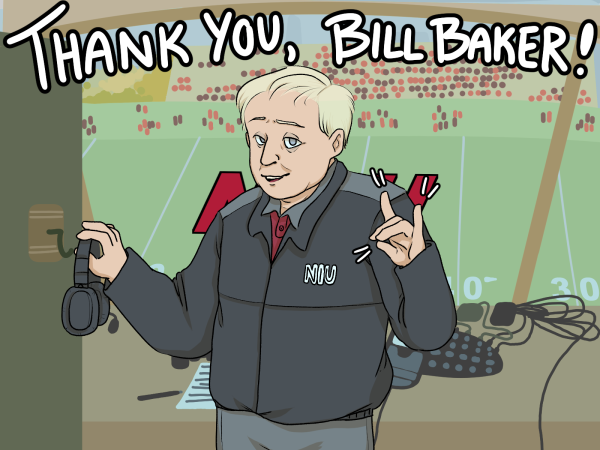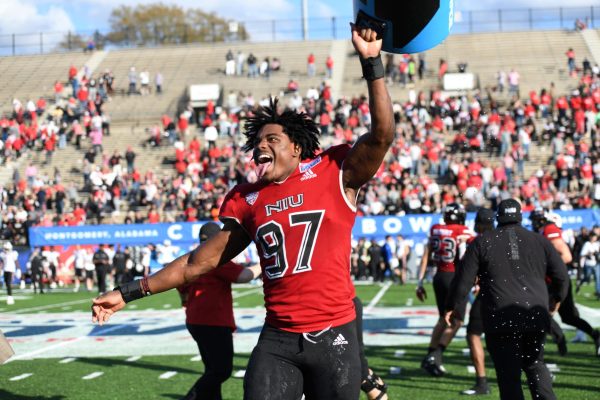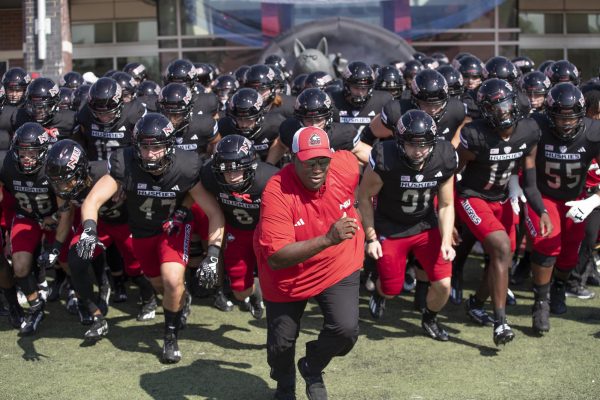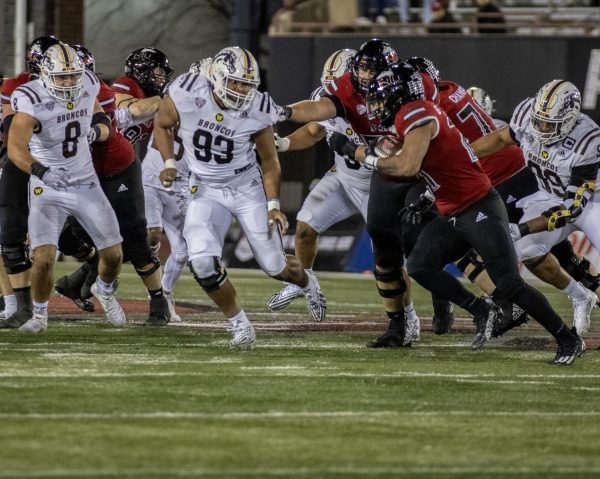Huskie dogs work for paydirt
September 14, 1989
There is definitely more to being a football player than just showing up for Saturday’s game and practicing a couple days a week.
For the NIU football team, football season means long, hard days on and off the field.
“Our time is more concentrated, we don’t have a lot of free time,” said senior defensive tackle Phil Bucaro.
Free time certainly is precious, because along with practices comes lifting weights, looking over game films and trying to keep up in the classroom.
The typical day for the player starts with classes in the morning with weight lifting mixed in wherever the class schedule permits. In the afternoon, players usually show up at Huskie Stadium around 1:30 p.m. for meetings with their position coaches to look over game or practice films. The meetings last until 3:00 and then it’s time to put the pads on for practice.
The two-hour practice, which can be longer or shorter depending on the day of the week, isn’t the end of the day by any means. Study table, a place where freshmen and transfer student-athletes do their homework under supervision, is the last scheduled event for the day.
“It’s good, they make us study and it helps out a lot, we can’t help but study,” said freshman quarterback Tyrone Leverett.
Players aren’t the only people who put in long days for the Huskie football squad, the coaches have to work just as hard to be ready for the next opponent. During the season, the 17 Huskie coaches work seven days a week to prepare and evaluate NIU and their opponents.
Most days the coaches are in the offices at 6:30 a.m. and won’t be done until late in the evening. Meetings to formulate a game plan, go over films with players and evaluate that days practice take up the majority of the time for the coaches.
“We spend a lot of hours here at the stadium with meetings and practices,” said head coach Jerry Pettibone who has been in the coaching profession full-time since 1966.
Still, there might be a misconception that just because most of the athletes are on scholarship that everything is given to them.
“This is like working two jobs, when you’re tired from practice you still have to study for that big test the next day,” said junior defensive end Tim Green.
Being able to juggle both classwork and football takes a lot of self-discipline.
“This is a job, a job that I enjoy, but it takes a lot of self-discipline because we do a lot,” said Cary Caliendo, defensive end.
The football players and coaches can’t handle everything on their own and they rely heavily on the training staff and equipment managers. Two trainers work full-time with the assistance of eight student helpers. In the equipment department, there are two full-time people and four student managers. There are also two people who film the practices for the coaches.
With all of the time the players and coaches spend together, they really can’t help but have a closeness.
“When they leave the field that isn’t the end, this is a family, we help the players whenever they need it,” Pettibone said.
But is the sacfrifice of not being a typical college student worth it?
“Eventhough it’s time consuming, when you win games, it’s all worth it,” said Leverett, in a tone that sounds like he’s going to win his fair share of games at NIU.



